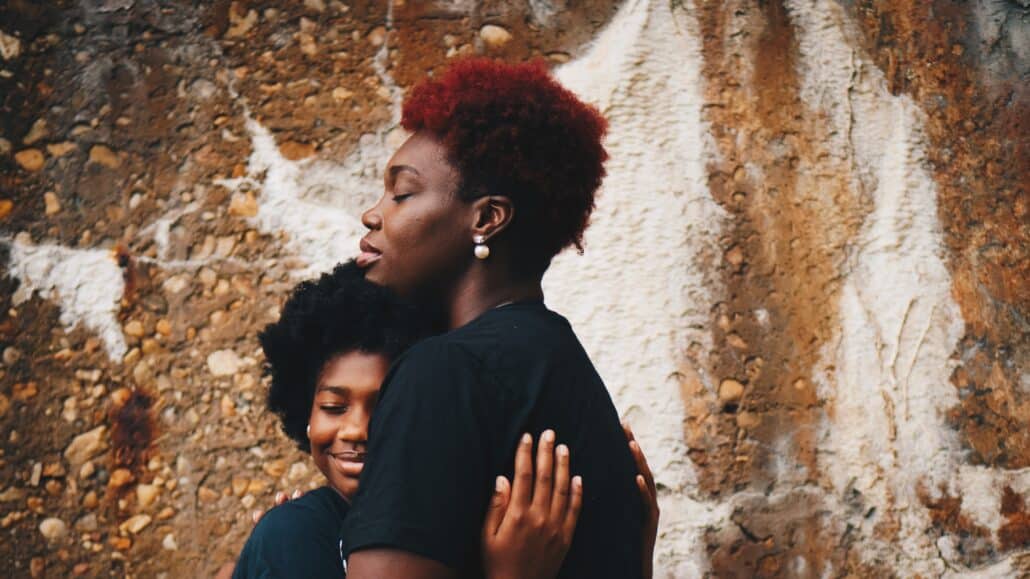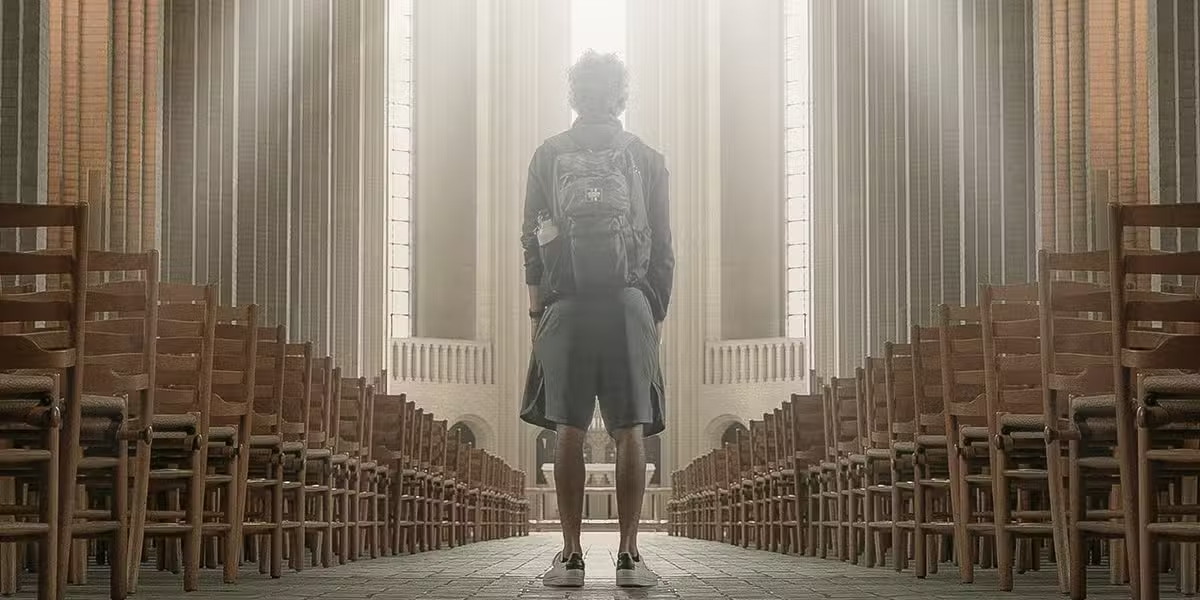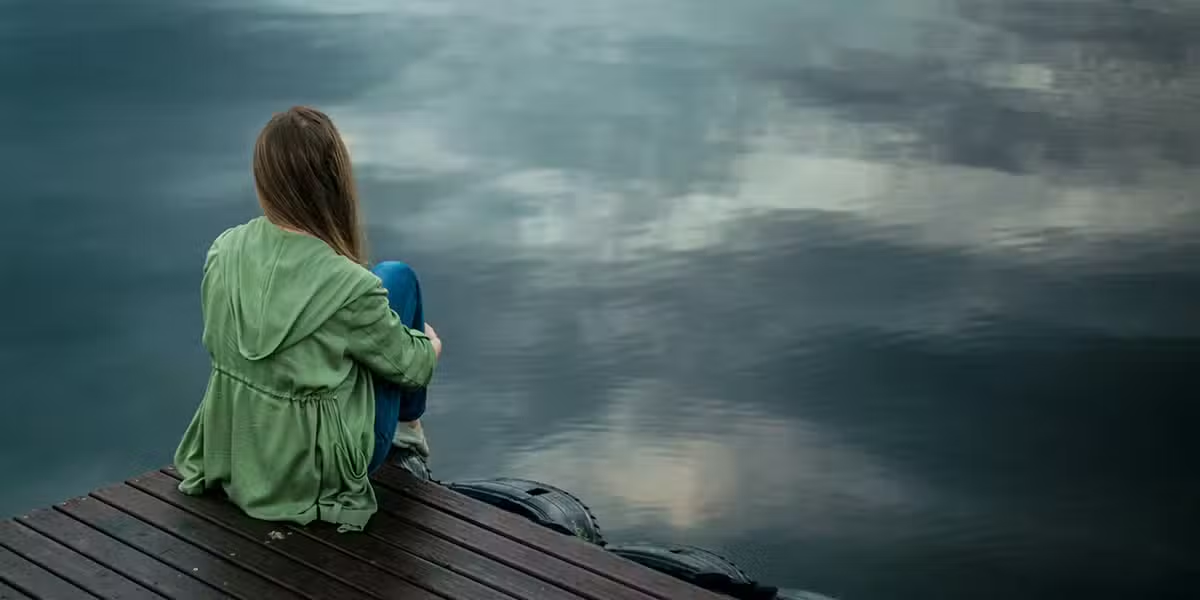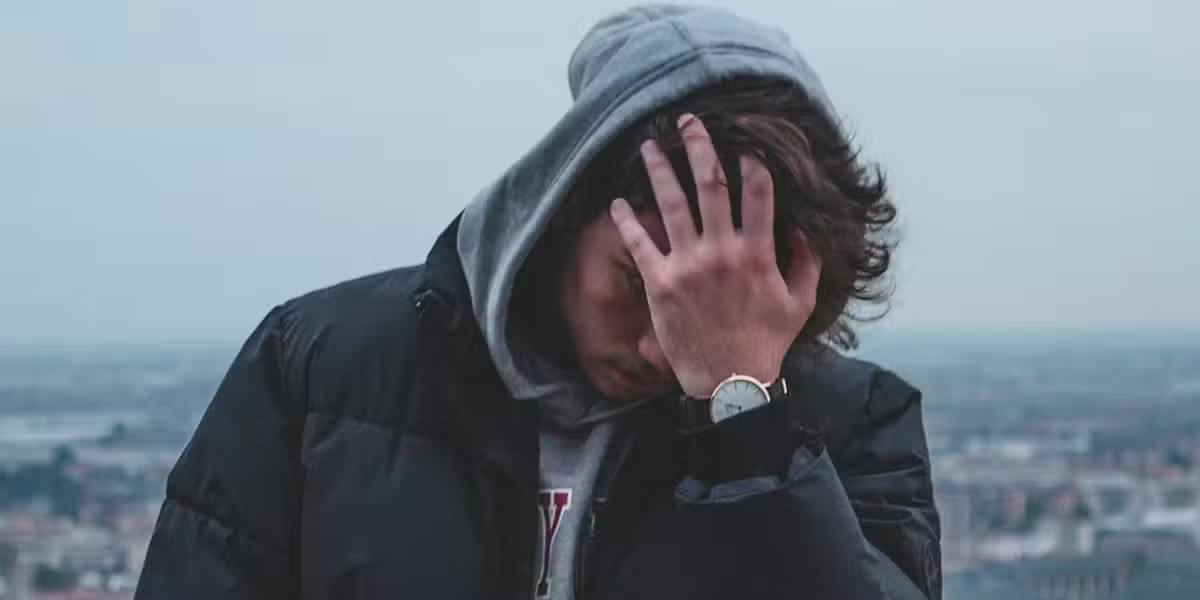I’ve often thought that, in order to repair our hurting world, we need to start with the who rather than the what or the how. In other words, we must focus first on the type of people we need to become before we dive too deeply into strategizing about particular problems and their solutions. If we don’t get the who part right, we’ll almost certainly fumble on the what and the how. The world, I wrote, needs people who are visionary, curious, collaborative, courageous, disciplined, and humble.
As I’ve contemplated our collective need to become the kind of people who can meet the challenges we face, I’ve realized that the who question does actually entail a how question: How can we become the people the world needs? How can we become our best, truest, most Christlike selves?
This becoming is a lifetime’s journey. But a crucially important milestone on that journey is the passage from childhood into young adulthood. How do we help initiate our young people into the new roles, responsibilities, and way of being that adulthood requires?
That inflection point has always been a critical moment in any young person’s development. It feels especially important at this moment in history, when our young people face a future filled with monumentally adult challenges like climate change, racial reckonings, and gridlocked politics. At the same time, many of us adults in the room haven’t really been acting like adults, compared to, say, the young climate activist Greta Thunberg. It feels especially important for me personally, as our son just turned 14, and we want to help him find a good path into young adulthood.
I’m no child development expert, but it seems strange to me that, as important as it is for us to facilitate this passage into adulthood, we Americans don’t seem to invest much time or energy into getting it right. Traditional indigenous cultures, by comparison, have generally had robust, very intentional rituals to bring their young people into adulthood as full members of the tribe.
I can’t think of many comparable examples in American culture. Somehow, prom and a driver’s license don’t seem to cut it. Even in our Catholic world, our young people’s preparation to receive the Sacrament of Confirmation could be an even deeper and more powerful experience.
Rites of Initiation
Traditionally, rites of initiation removed initiates from the normal round, isolated them (usually in the wilderness), and subjected them to some sort of ordeal that entailed suffering. Then the elders shared the tribe’s wisdom and invited the initiates to rejoin the tribe as adults, with their egos re-centered not simply on themselves but toward service to the well-being of the community.
In many ways, the COVID-19 pandemic has many characteristics of just such an initiation rite. A change from the ordinary? Check. Isolation? Absolutely. An ordeal of suffering? Without question.
What I wonder about, however, is the role of the elders. Franciscan Father Richard Rohr, who has done a great deal of work on rites of passage for men and boys, suspects that “the basic reason that initiation died out is because there were not enough masters around.” Where are those elders and leaders who are willing to claim their role as the bearers of wisdom? How might we honor their experience, and so encourage them to speak in meaningful ways to our young people? How can we create opportunities for this kind of exchange to take place?
Those aren’t rhetorical questions. The pandemic has robbed our young people of so much at such a formative time in their lives, and I think the least we can do is to find ways to turn it into an opportunity for them to make a conscious passage into adulthood.
Seize the Opportunity
This will mean that more of us will have to step up to become the elders they need. Even if we feel unprepared, even if we haven’t been properly initiated ourselves, even if we’re also scared and suffering and disoriented by this pandemic, we can still reach out to our young people and help them along, however imperfectly.
And we are not without resources. Who among us, by the time we reach midlife and beyond, hasn’t experienced pain or loss or discouragement? Who among us hasn’t gained at least some perspective on what is truly important versus what is trending on social media or in the news cycle? Who among us lacks at least an inkling that suffering is unavoidable, that we are limited and fragile and mortal, that our truest calling is to serve others and the greater good?
This pandemic is not only an opportunity—however unanticipated and unasked for—to initiate our young people into their adulthood. It’s offering all of us a chance to walk through this time of suffering into a fuller, more mature way of being.
To put it bluntly, it’s offering us a chance to grow up, as individuals and as an entire culture. It’s offering us the chance to leave behind silly, self-centered adolescent rivalries and ambitions so that we can come into right relationship with each other, with the more-than-human world, with our true selves, and with the divine source of it all.
We Christians can look to Jesus, who showed us what it means to be a truly initiated adult and to invite others along that journey. And as we struggle through our own initiations, we can trust him to hold out his wise, loving hand and guide us through. With his help, we can become the truly adult people this moment requires.
Embrace Your Inner Child
- If you are a grandparent of an adolescent, you have a ready-made opportunity to become an elder to your grandkids. Embrace it! Your parish Confirmation process is a perfect opportunity to provide a rich rite of passage for younger people. Reach out to your priest and faith formation director to see how you might help.
- Robert Bly, Richard Rohr, Bill Plotkin, and others offer many resources and wisdom concerning initiation rituals. Remember that rituals will often look different for boys than for girls.








